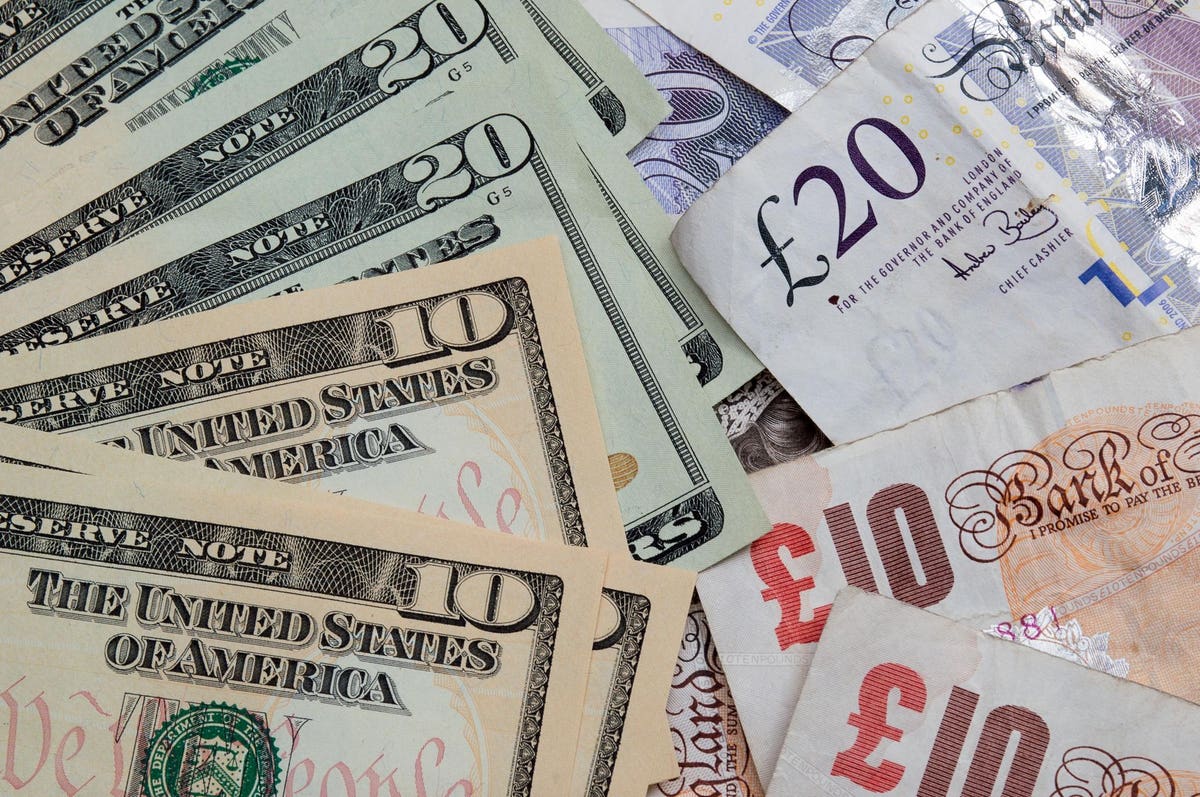Oil majors like Shell have rebuilt their dividends rapidly following the Covid-19 crisis.
Helped by the boost to crude prices following Russia’s invasion of Ukraine this FTSE 100 business hiked the full-year dividend in 2022 to 103.75 US cents per share. This was up 16% year on year.
City analysts are expecting shareholder rewards to keep rising strongly over the next couple of years, too. Full-year payouts of 136.2 cents and 148.2 cents are projected for 2023 and 2024 respectively. This means yields sit at 4.6% and 5% for these years.
Popular Dividend Stocks
Thanks to their impressive cash flows oil companies like this have long been popular picks with income investors. And this month Shell sought to give itself a boost in this beauty contest by announcing big changes to its dividend policy.
The FTSE 100 firm pledged to raise dividends by 15% from the current quarter. It also announced that shareholder distributions will rise to between 30% and 40% of operating cash flow, up from 20% to 30% previously.
To underline its commitment to returning cash to investors Shell also announced plans to repurchase a minimum of $5 billion worth of shares.
A Share To Avoid
This all makes the oil giant even more attractive to dividend chasers. However, I still think Shell shares should be avoided by savvy investors.
Okay, crude prices could receive a bump over the short-to-medium term that boosts the company profits. And this means dividends could beat what City brokers are currently tipping.
Renewed production cuts by the OPEC+ group of countries, for example, could boost oil and gas values. So could ongoing fiscal support by China’s government to kickstart economic growth.
But the weakening outlook for fossil fuel demand over the longer term makes the FTSE 100 firm too risky to invest in, in my book. Countries are intensifying their transition to renewables and alternative energy sources in response to the climate emergency and the breakout of war in Eastern Europe. And this leaves Shell in a sticky position.
Fellow FTSE oilie BP has slashed its consumption forecasts through to 2035 on the back of this. It has cut its oil demand forecasts by 5% and reduced its gas demand estimates by 6%. Rapid expansion of renewable capacity, growing hydrogen use, and increased electrification are all tipped to push oil demand lower.
Living In The Past?
The problem I have with Shell is that it remains reluctant to grasp this new reality. In fact it has also rowed back on plans to reduce fossil fuel production earlier in recent weeks. It had previously vowed to cut annual oil and gas output by up to 2% through to 2030.
At the same time, investment in cleaner energy sources remains threadbare at best. Last year the business dedicated $3.5 billion of total cash capital expenditure to renewables and alternative fuels. This was out of a total pot of $24.8 billion. It has pledged to spend just $10 billion to $15 billion on cleaner energy sources over the next two years, too.
Shell could well deliver impressive dividends over the next couple of years. But an uncertain earnings outlook beyond the short term makes it a share I think investors should avoid.
Read the full article here


